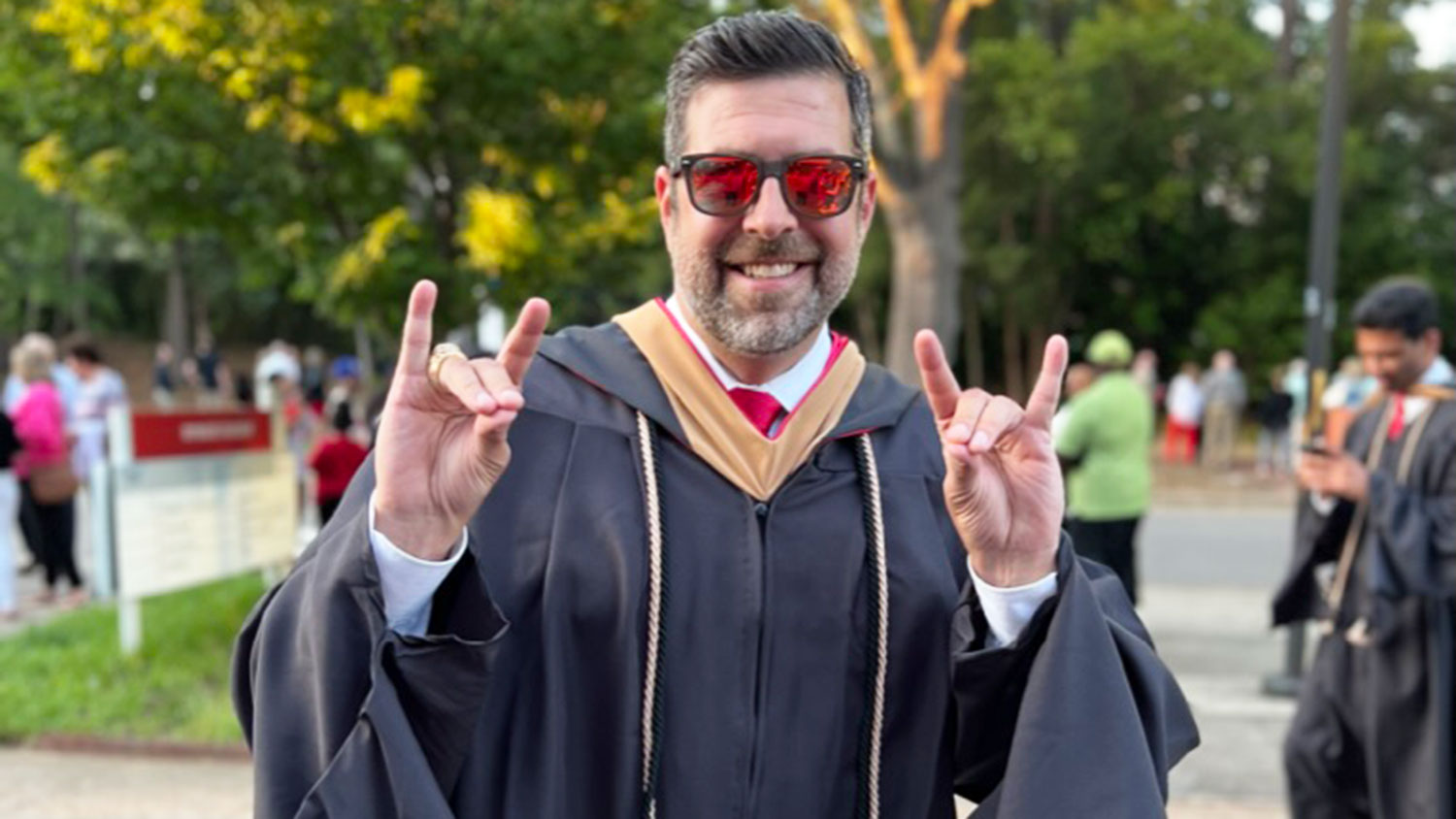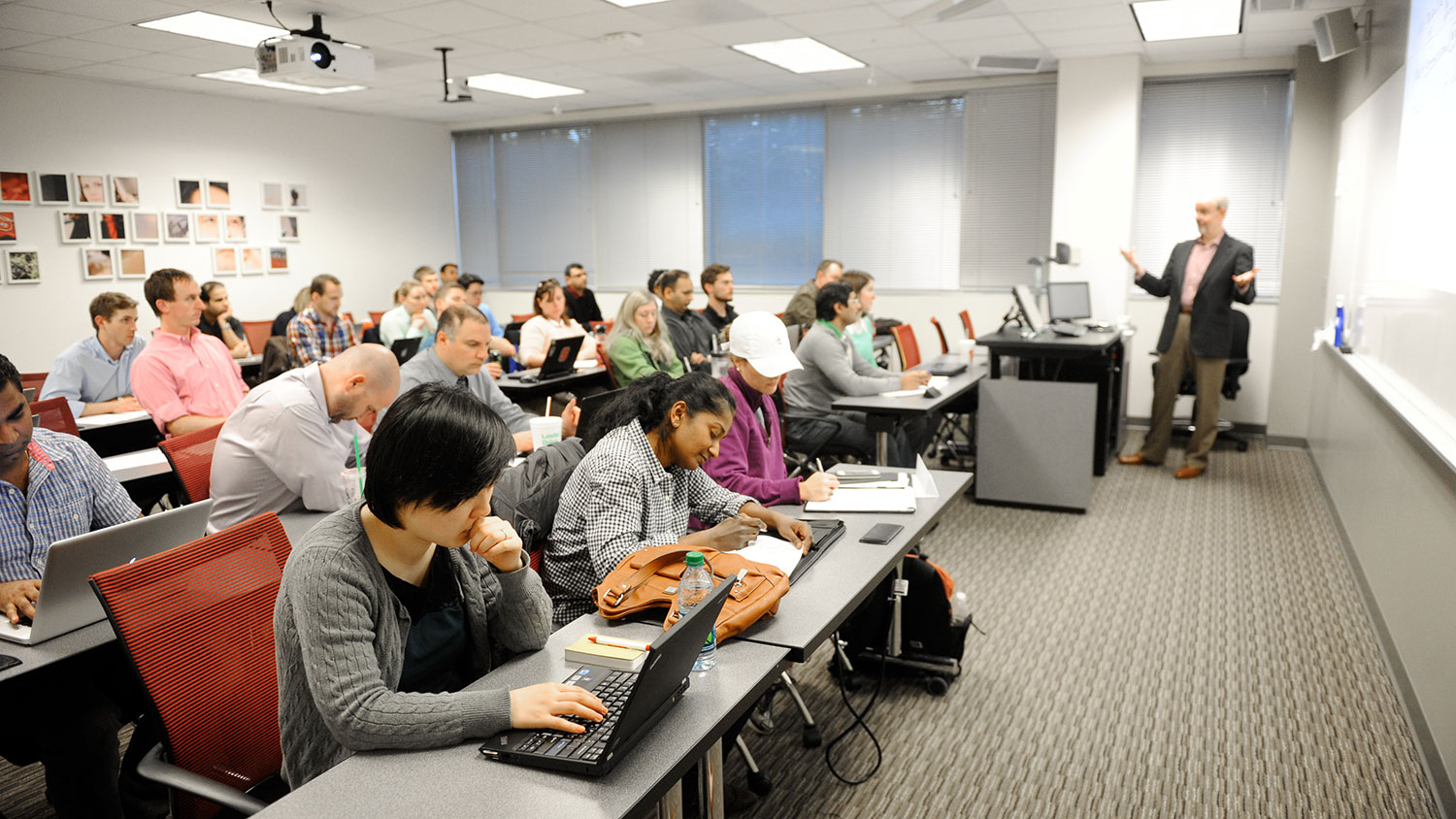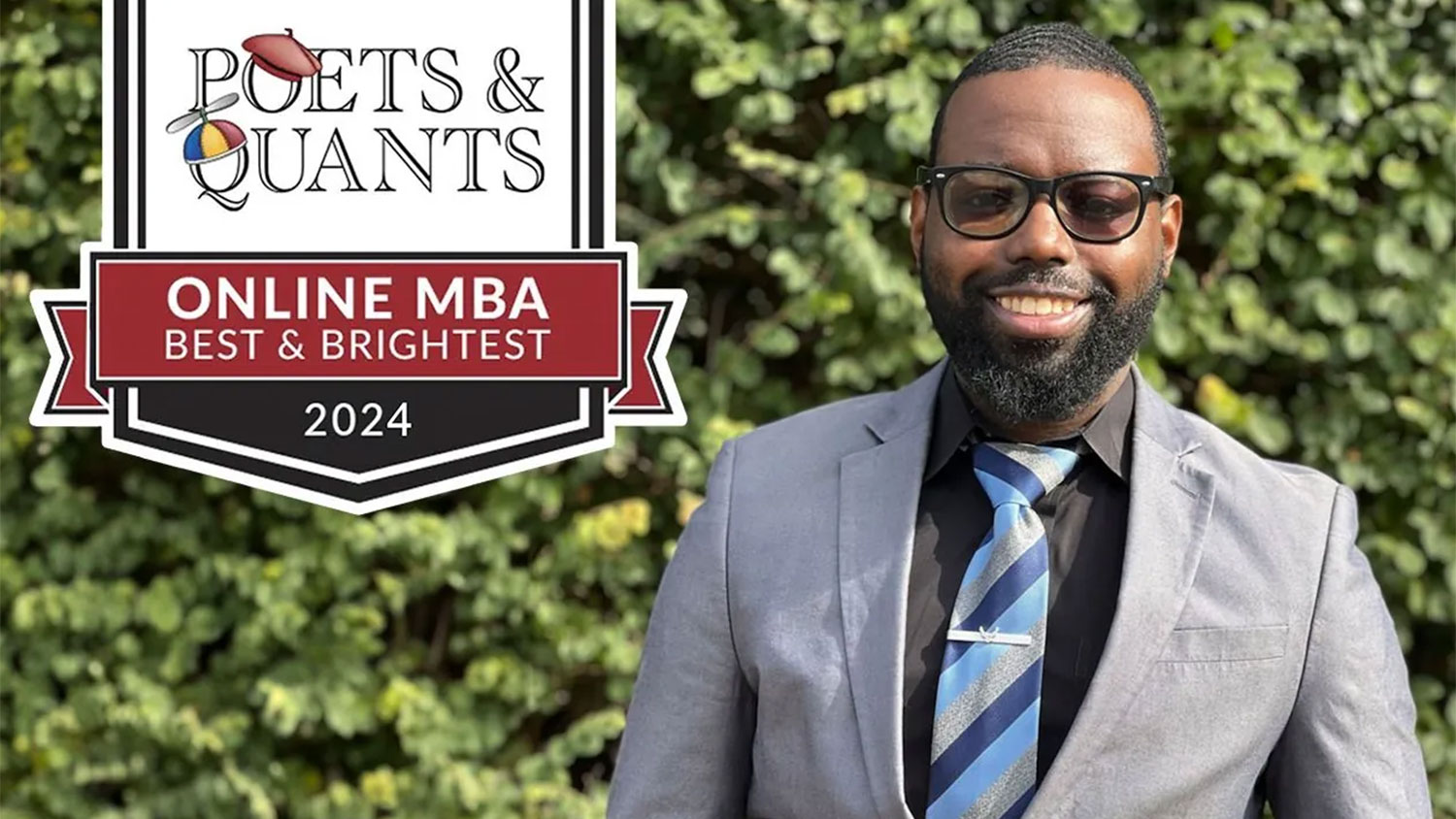Jenkins Professional Online MBA Opens Doors for Fall 2020 Graduates

There are plenty of reasons to join an MBA program, whether you’re looking for career advancement, educational enrichment or professional development. There are also plenty of programs to choose from. As a consistent Top 20 online MBA program, the Jenkins Professional Online MBA from NC State offers a personal touch when it is needed most.
Just ask four fall 2020 graduates.
Patrick Bean is a five-year veteran of the U.S. Air Force and a senior staff solution architect within the commercial pre-sales organization at General Electric. He completed the program while juggling a busy work and travel schedule, achieving his longtime goal of obtaining a master’s degree.
Rachel Landrove is a category management consultant at Dominion Energy. Even though she lived in Houston for the majority of her time in the program, she was actively involved in a variety of extracurricular activities, serving as a McLauchlan Leadership Fellow, helping out as a Professional MBA Student Delegate and participating in MBA 590: The Art and Science of Negotiation in France study abroad program through NC State.
John Payne is an avid Wolfpack fan and service center manager at Fedex Freight. In addition to completing his master’s degree, Payne is also pursuing a graduate certificate in Operations and Supply Chain Management.
Beth Singley is an ambitious learner and corporate portfolio manager at Parata Systems. During her time in the program, she also served as a McLauchlan Fellow to enhance her leadership skills and expand her network.
We caught up with the graduates to discuss their time in the Jenkins Professional Online MBA program and why they’re leaving with much more than just their diplomas.
Why did you pursue the Jenkins Online MBA from NC State?
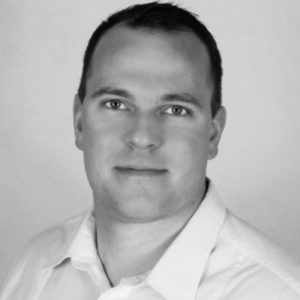
Bean: NC State made the decision to pursue an MBA extremely easy for me. In addition to its reputation of being a highly rated school, NC State removed nearly all barriers in the admission process that may have otherwise prevented me from following through. Aside from waving the GMAT requirement, they also automated the process of using my remaining GI Bill veterans benefits. Finally, in addition to business, NC State has an excellent reputation for their engineering schools, and I had high expectations for collaboration between departments.
Landrove: Obtaining my Master of Business Administration is a personal goal I am finally achieving. My grandfather used to call me his “school girl,” and for as long as I can remember, I have pushed myself to advance as far as I can, academically and professionally. I started my MBA journey in January 2018 in an effort to expand my leadership and knowledge base while fulfilling a personal goal. Little did I know that I would end up working a full-time job, traveling for work, job-hunting, interviewing, moving across the country, losing a grandparent, getting engaged, wedding planning, re-planning a wedding due to COVID-19 and getting married while finishing this degree! The asynchronous flexibility of the program, variety of classes offered, along with the same faculty teaching both full-time and online classes were significant factors in my decision.
Describe your experience in the Jenkins Online MBA program.
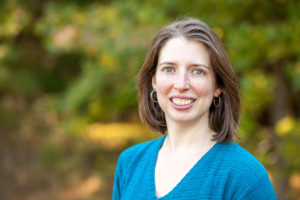
Singley: I learned a lot during this time with the Jenkins program, but I believe the network of people at the Jenkins program was the best part. I had the chance to be a part of several stellar teams and have used those connections to help me understand business problems that I’ve faced in my professional life. I’ve utilized resources across the board — fellow students, professors and university resources — to answer questions and gain insights that have benefitted my career path. I also had the opportunity to be a part of the McLauchlan Leadership Series, and I highly recommend it as a way of rethinking your own leadership style and how you best interact with others.
Payne: My experience in the program has been extremely positive. I have connected with a small group of classmates who became close friends. The program having a balance of group projects and individual assignments mirrored the real world that I have seen over my career. This enhanced the concept of the team approach that occurs in the business world today.
How did you balance working and completing your degree?
Bean: I completed the program in under two years while working a demanding full-time job that had an aggressive travel component. Balancing school and work has been difficult. I had to blend the two together and really make my education part of my work. I set goals each semester to incorporate key takeaways from my course work into active projects and other initiatives I had at work. Perhaps the best example of this is when I built a five-year probabilistic financial model at work that was directly tied to the course content from MBA 545: Decision Making Under Uncertainty, taught by Jeffrey Stonebraker. With this mindset, my success at work was directly tied to my success in the course. Ultimately, the model I created impressed leaders within my organization and influenced their decision.
Singley: Balance is the wrong word. Sometimes my focus swung toward work and school assignments waited until very (very) late at night. Other times it was my work schedule that shifted as school work squeezed into lunch breaks and the occasional blank calendar slot while on the job. Other priorities also took their share and more in the three-and-a-half years I was working on this degree — I got a new job, my husband got a new job, my family moved, I had a baby, we all went through (and are still in) a pandemic that upended every support structure. For me, it was a matter of knowing when to shift my focus and not letting one commitment dominate my time for too long.
Earning an MBA is a lot of work — don’t let anyone tell you differently — but once I’d committed to the idea of gaining this degree, we found a way to make it happen. One lecture, one meeting, one assignment at a time. Just keep going.
How do you see your MBA helping you in your current career?
Bean: Many people think of an MBA as a checkmark on a resume. I couldn’t disagree more. While I am not shy about the accomplishment, I can honestly say that the true value is in the education, not the paper. I’ve developed a completely new and detailed outlook on how successful businesses can and should be run. I am better prepared to overcome difficult challenges in the work environment. It’s as if the aperture has opened wider and everything has come into better focus.
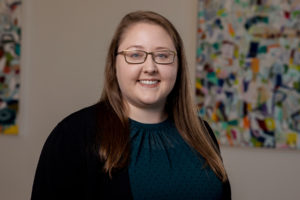
Landrove: This program has increased my knowledge of strategic frameworks, refined approaches to problem-solving, and improved my leadership skills. These are skills I continuously apply to my work as a category manager.
Singley: I have changed jobs and am about to change roles again within my organization. I think the MBA course work has certainly helped with that. I’m less intimidated by VP titles or big personalities who might show up to one of my meetings. This degree has been less about learning all the things everyone else knows and more about learning that everyone has a specialty and there’s so much more out there than any one person could possibly master. Now I know that my value comes from what questions I ask and the connections I can see between others’ specialties.
Payne: Remaining relevant and connected with current academia and a base of knowledge has been critical in effectively doing my job. The data analytical skills and overall business acumen that have been gained through the program have given me a boost in my professional development.
Did you have any faculty members who were particularly inspiring or stood out to you?
Bean: Chris Hitch fundamentally changed the way I think about positioning in the market. Similarly, Jonathon Bohlmann gave me an entirely new perspective on design thinking, creativity, and user-focused design that has already served me well in my career. Lastly, the real world business project through the Supply Chain Resource Consortium (SCRC) that Robert Handfield runs was an incredible way for me to wrap up my MBA and apply the things I’ve learned while growing my professional network.
Landrove: The conversations with Dr. Chris Hitch and the themes and frameworks discussed in MBA 580: Creating Value in Organizations allowed me to utilize knowledge and skills from other MBA classes to create value and deliver strategic insights to my teams at both school and work.
The McLauchlan Leaders Series had the most profound impact on my personal and team leadership growth. Pushing myself to new comfort levels will always resonate with me as I continue my career. I am so thankful for Russ and Cara McLauchlan’s donation and dedication to the program.
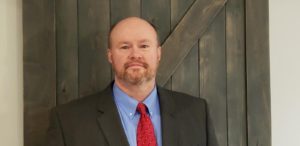
Payne: Dr. Chris Hitch [was] an influential professor, and Donnie Hale and Robert Handfield both offered high levels of engagement in their particular courses of study. I would also like to mention Assistant Director of Advising and Student Affairs Vilma Mueller. Her practical guidance throughout my time in the program has been much appreciated and helped me remain on track toward graduation.
Singley: Leigh Shamblin = Rock Star. The most poised and collected and talented leader of group discussions I have ever seen.
What is your advice for other working professionals who are thinking about continuing their education or are currently enrolled in a master’s program?
Bean: Apply the content you learn in real time. Find opportunities in your current organization to exercise new techniques, develop new skill sets, and add new value while it is all still really fresh. Applying what you learn is a double edge sword — the concepts sink in better, and you get to look like a rockstar with new ideas at work!
Singley: If you’re thinking about a degree, talk to someone who’s done the program, especially if they are working in your field. Ask if they have truly found value. It makes no sense to earn a degree just to use the diploma as wallpaper.
If you’re already in it, persevere! You can do it. Just keep putting one foot in front of the other and learning from your fellow students as much as possible.
Landrove: Absolutely, DO IT! I was very reluctant to pursue my graduate career online and almost attended in person. Just before accepting the full-time program, I received a managerial promotion at work and decided to have the best of both worlds by switching to the online program. I was concerned about the lack of networking opportunities, especially since I was living in Texas but promised myself to seize every opportunity to get involved beyond class requirements (and there are plenty of opportunities).
Payne: I highly recommend further education. There is a sense of pride and accomplishment when you complete this. An MBA or master’s degree is the equivalent to a B.A. or B.S. a decade ago. To separate yourself from your competition, you need this.
How was your overall learning experience at NC State?
Bean: It’s hard to believe it’s already over. I feel like a different person coming out than I was when I came in. I’ve spent much of my career, as many do, with imposter syndrome, always worried that others would realize I wasn’t up to their standard. Now, my confidence is high and I finally feel qualified to take on serious responsibility.
Landrove: I love being a part of this community. GO PACK!
Congratulations to all of our NC State Online and Poole College of Management graduates!
Are you interested in advancing your career with a master’s degree in business administration from NC State Online? Visit the program page and online.ncsu.edu/programs for a full list of degree and certificate programs.
This post was originally published in DELTA News.
- Categories:
